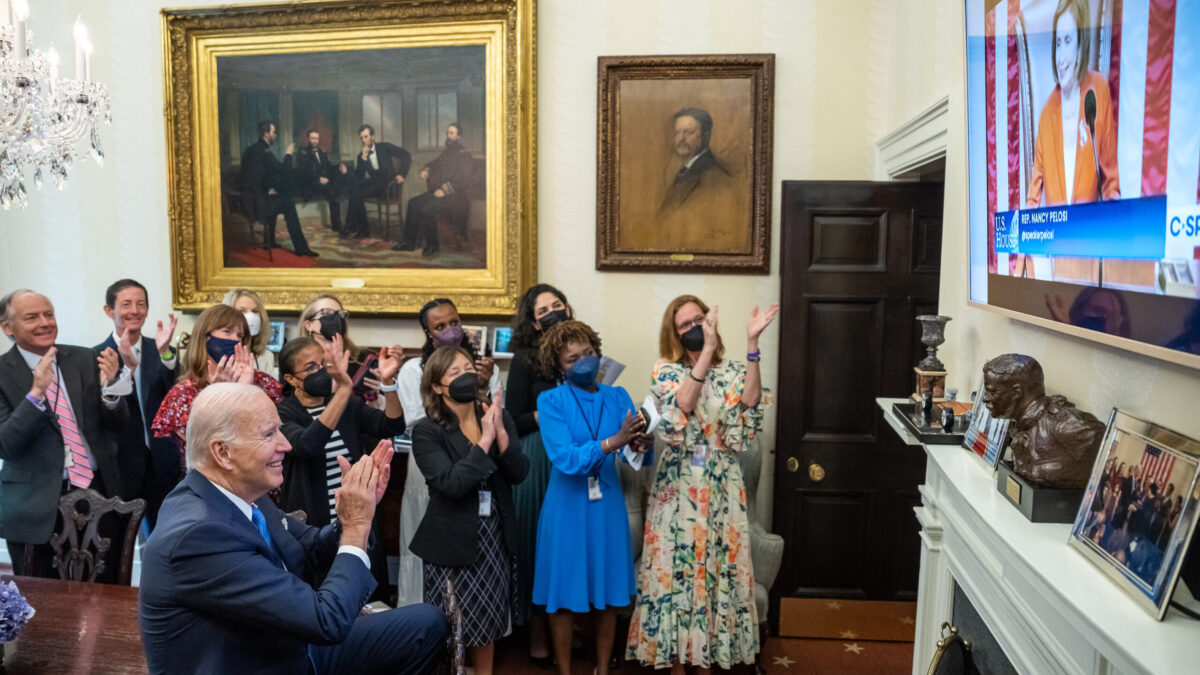
The government targets those most unable to protect themselves.
Data from the IRS shows that the agency mainly targeted low-income people — but few millionaires and billionaires.
This is terrible.
| Stats |
 : 10 minutes or less.
: 10 minutes or less.  : 11- 36 minutes.
: 11- 36 minutes.  : Over 36 min. Fun:
: Over 36 min. Fun:
 America Freedom to Fascism
America Freedom to Fascism The Truth About The Fraud of the IRS by Attorney Tom Cryer
The Truth About The Fraud of the IRS by Attorney Tom Cryer  Theft By Deception
Theft By Deception

The government targets those most unable to protect themselves.
Data from the IRS shows that the agency mainly targeted low-income people — but few millionaires and billionaires.
This is terrible.
House Republicans say they will keep a “watchful eye” on the Internal Revenue Service official tapped to run the centralized office housing 87,000 incoming new agents because she has ties to the IRS’ targeting of tea party groups during the Obama administration.
The Daily Signal first reported that IRS Commissioner Charles Rettig had appointed Nikole Flax, commissioner in charge of the IRS’ Large Business & International Division, to lead the establishment of the agency’s centralized office.
In the Internal Revenue Service 2021 annual report, IRS Criminal Investigation special agents can be observed simulating an armed assault on a suburban home at the agency’s National Criminal Investigation Training Academy (NCITA), located within the Federal Law Enforcement Training Center (FLETC) in Brunswick, Georgia.
According to the IRS, these IRS-CI agents are “are among the most highly trained financial investigators in the world” and train for 6 months.
While training at the NCITA, new IRS-CI special agents begin an 11-week Criminal Investigator Training Program (CITP) run by FLETC, where they learn firearms training and other traditional law enforcement tactics.

By Olivia Hajicek
TheFederalist.com
While the Democrats’ so-called Inflation Reduction Act will use taxpayer dollars to pack the Internal Revenue Service with 87,000 new agents, White House Press Secretary Karine Jean-Pierre claimed there won’t be any new audits on people making less than $400,000 a year.
The claim is ridiculous on its face. Over 99 percent of Americans make less than $400,000 per year. And while the IRS employs more than 78,000 people full-time, the agency has fewer than 66,000 agents as of March to handle its audits. But the Biden White House wants you to believe these 87,000 new agents will be reserved for auditing the top 1 percent, with no effect on everyday Americans.

Just as we reported previously in scoop after scoop on the Thomas Paine Podcast, a federal judge today slapped the Internal Revenue Service for what amounts to a massive cover up to protect the Clinton Foundation from having to pay as much as $2.5 Billion in unpaid federal back taxes. In a rare overture, the judge sided with pro-se litigants and Clinton whistleblowers John Moynihan and Larry Doyle and allowed their case to proceed, smacking down the IRS’s attempts to derail the case and cover its own illicit activities.
And smacking down the IRS. Big time. And in the process the judge uncovered damning and alarming documents and facts in the case — which until now has been sealed and kept secret from the public — which amount to a federal cover up by the Justice Department and the IRS to protect the Clinton’s. Listen Above. Listen Below.
The misrepresentation and misapplication of the United States federal income tax constitutes the largest acquisition of wealth by way of deception in history.
A handful of government lawyers fabricated an intricate maze of legalese which created a perfectly Constitutional tax (a tax on income derived from certain types of international and foreign commerce), but which at the same time could easily be misread to give the impression that the income of all Americans is subject to the tax. For decades, the American people have been "conditioned" to believe that the income tax applies to all income and trained to pay "their" taxes.
All the while, however, hidden in a previously nearly universally misunderstood (therefore misapplied) section of the law known as Subchapter N, Section 861 was the truth that the income tax is NOT a direct tax on incomes but is an indirect tax imposed only on those individuals engaged in certain types of international and possessions commerce.
Most Americans are engaged in purely domestic commerce (commerce that occurs entirely within and between the 50 states). Subchapter N proves that domestic income received by residents of the United States (most incomes) is not taxed, due to Constitutional restrictions on Congress' power to tax.
This is film is the great gift of the late Aaron Russo, a film that exposes the absolute and utter fraud of the Internal Revenue Service, one of the most ruthless terrorists organizations on the face of the planet.

By John Crudele
NewYorkPost.com
A whistleblower made this shocking allegation to me last week: the IRS was tipping off members of Congress to corporate takeovers so the elected officials could profit from insider trading.
My snitch also charged that higher-level employees of the IRS also used that information to enrich themselves.
This may sound crazy but remember: Up until a few years ago members of Congress were allowed to trade stock based on information they got while performing their public duties.
It wasn’t until 2012, during President Obama’s tenure, that the practice was banned.
But the difference between what had been going on legally until 2012 and what my whistleblower is contending is enormous.
Everyone assumed that members of Congress were just profiting from things they happened to learn while working on their committees — that a drug was going to get turned down by the FDA, for instance, or that a company was sniffing around to see how regulators would feel about a merger.
That was bad enough!
What the whistleblower alleges goes well beyond that and is, quite frankly, freakin’ mind-boggling.
| You can send a check or money order to: The KTAO Project P.O. Box 1086 Crestone, CO 81131 or donate online: |
| Stats |